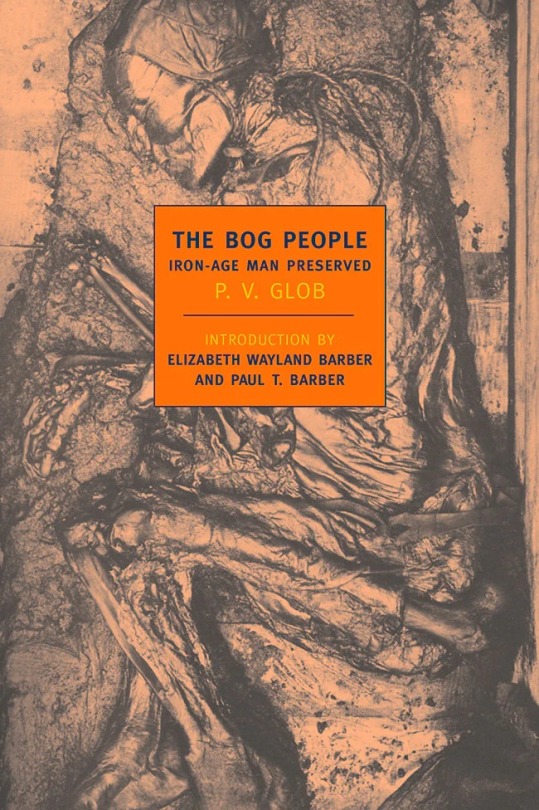#nyrb classics
Text
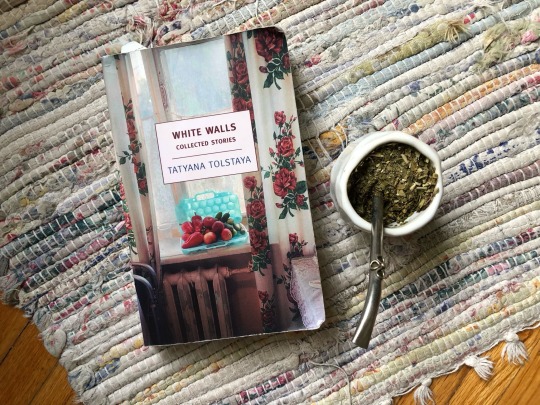
Tatyana Tolstaya is up there with Agnes Varda, Katherine Mansfield, and Kanai Mieko for me (which tells you all you need to know about my taste). I really liked The Slynx - most especially because it brought me to White Walls, which I am in love with. That perfect balance of the mundane and the glorious. Watch out, though, because Tolstaya doesn’t mind breaking your heart. Pictured: White Walls with a yet more mate.
#adult booklr#tomes and tea#Tatyana Tolstaya#white walls#NYRB Classics#russian literature#literature in translation
21 notes
·
View notes
Note
If you haven't yet read it, the Edwin Frank interview in the point mag is up your alley, I think. Blake Smith, god bless him, might have steered me in the wrong direction about nyrb classics
Thanks! Yes, a lot of good stuff in there. I like how they start by talking about The Hall of Uselessness, also one of my favorite NYRBs. And then the last few answers: all the civilized, knowingly world-weary complaints (the novel is dead, the MFA programs are awful) at once uttered and dismissed as obvious, not worth repeating. (My case for the continued relevance of the novel is one neither the interviewer not Frank state, however: it's not for the present but the future. Otherwise how will our successors know we were here, how we lived?) I am still thinking about this, which is maybe too European for me:
Writers are not truth-tellers, they are witnesses to the event of their own gift, finally impersonal. Which consumes them. Which may sound romantic. It is, in fact, the least romantic thing in the world.
I like the part about Ulysses:
Ulysses is a place and climate and you have to allow yourself to live there to get a real sense of it. That’s one of the ways it’s essentially different from, say, Mrs. Dalloway, which remains a representation of experience, something that exists at an appreciable, ponderable remove. Ulysses by contrast is an experience in its own right and like experience remains in many ways private, to the author, to the reader: it’s not there to be made sense of entirely, though it is certainly there to enjoy and wonder at. Notoriously, Woolf hated the book—she thought it was, I’m pretty sure this is her word, “underbred,” pointlessly dirty and showy. Woolf thought it was offensive among other things that Joyce imposed his privacy on his audience. Pun intended.
A piece of advice I took to heart years ago came from the critic and poet Donald Davie, who said about Pound’s Cantos: Read them fast. Read them till patterns begin to form in the blur. Don’t nail down the references and try to add them all up.
Read it fast: as advice for Ulysses, this can't be overstated. (It's what Ellen Chandler tells Ash del Greco in Major Arcana: "I recommend just letting it wash over you the first time".) I'll have to try it with The Cantos someday. And, speaking of Pound, the passages on anti-Semitism, on Bellow and Cohen. And about how "the imaginative horizon of the modern world is female." And about the paradox of our inheriting an avant-garde tradition. And his statement, which I myself am always saying: "it's a stagnant period."
I'm not sure the conversation disproves Blake's point about the high-handed attitude with which a certain style of forgotten classic, often in translation, is suddenly forced on us—I don't need to see the hideous phrase "blue lard" again for a while—but it's good to know what a civilized sensibility lies behind the enterprise.
2 notes
·
View notes
Text

Books I Want to Read: Love in a Fallen City by Eileen Chang (trans. Karen S. Kingsbury)
Written when Chang was still in her twenties, these extraordinary stories combine an unsettled, probing, utterly contemporary sensibility, keenly alert to sexual politics and psychological ambiguity, with an intense lyricism that echoes the classics of Chinese literature. Love in a Fallen City, the first collection in English of this dazzling body of work, introduces American readers to the stark and glamorous vision of a modern master.
#godzilla reads#love in a fallen city#Eileen Chang#books in translation#chinese literature#Chinese lit#books to read#tbr#books#booklr#bookworm#bookish#booklover#book blog#book blurb#book addict#pretty books#nyrb classics#books and literature
13 notes
·
View notes
Text
"…what need is there for reasons when blindness overcomes us?" @NYRB #onthemarblecliffs
Back in 2016, I revisited a translated work that I’d first read back in my 20s; the book was “On the Marble Cliffs” by Ernst Junger, and it was a fascinating, if potentially controversial, book. German author Junger fought in both First and Second World Wars; he was a member of an elite, yet held himself apart from the Nazi regime. His work survived without being burnt, he was not particularly…

View On WordPress
4 notes
·
View notes
Text

In today’s mail
2 notes
·
View notes
Text
“Here, on this mountain, there’s the living and the dead.” The Wounded Age and Eastern Tales by Ferit Edgü
Years later, as I leaf through the notebooks,
I see that these people and I,
who didn’t speak each other’s languages,
had understood one another.
I don’t know what language we had I common,
nor do I want to know.
Our common language didn’t change them
but it changed me. I’m sure of it.
Every passing day returns to me the traces
of our shared life in that mountain village;
I see them. I live…

View On WordPress
#Aron Aji#book review#books#Ferit Edgü#literature#NYRB Classics#short stories#The Wounded Age and Eastern Tales#translation#Turkish
0 notes
Text
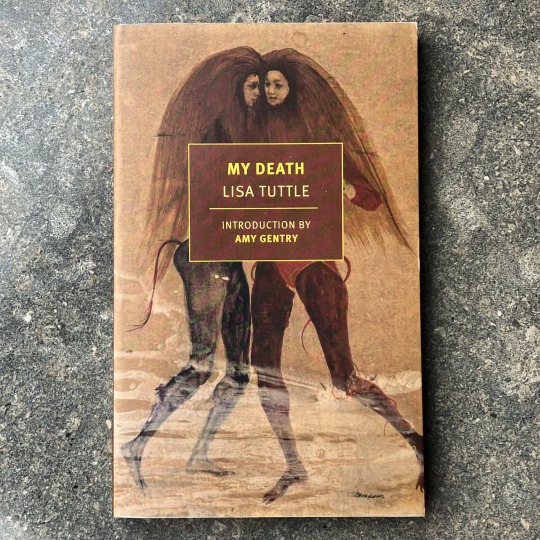
Lisa Tuttle: My Death (2004)
1 note
·
View note
Text
Currently starting Our Philosopher (aka Veilchenfeld) by Gert Hofmann. Here’s the blurb on the back. I’m not gonna transcribe all this. I like it so far. 
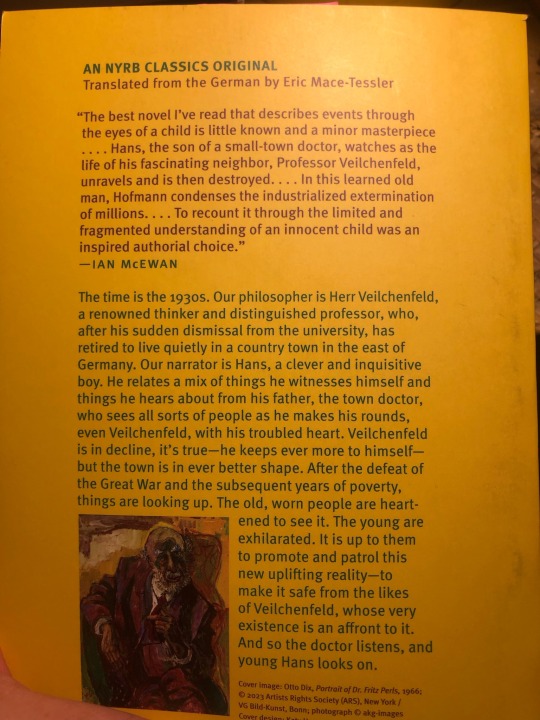
0 notes
Text
Rahel Varnhagen: The Life of a Jewish Woman by Hannah Arendt
Rahel Varnhagen: The Life of a Jewish Woman by Hannah Arendt
Translator: Clara Winston and Richard Winston
Introduction: Barbara Hahn
A biography of a Jewish woman, a writer who hosted a literary and political salon in late eighteenth- and early nineteenth-century Germany, written by one of the twentieth century’s most prominent intellectuals, Hannah Arendt.
Rahel Varnhagen: The Life of a Jewish Woman was Hannah Arendt’s first book, largely completed…

View On WordPress
#Barbara Hahn#Clara Winston#Hannah Arendt#Jewish Book Council#NYRB Classics#Rahel Varnhagen#Richard Winston
0 notes
Text
She was divided between admiration for her useful and well-chosen gifts and delight in affronting a kind of good taste which she believed to be merely self-esteem.
Lolly Willowes by Sylvia Townsend Warner
0 notes
Text
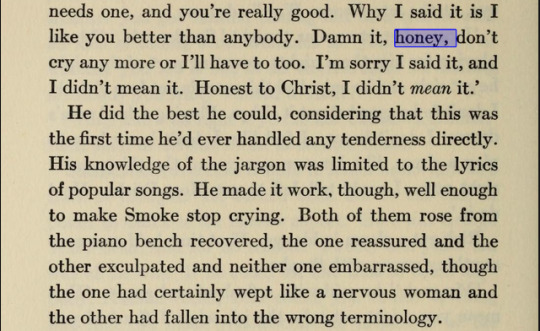
young man with a horn - dorothy baker
[alt]
#dorothy baker#quotable#young man with a horn#if you click the link you can read the nyrb classics edition for FREE on the internet archive. it has an excellent afterword#anyway this book is not as great as cassandra at the wedding (obvs) but it's still so impressive#tho i think the most impressive aspect is how she handles rick & smoke bc it's a relationship operating on 0 ego % 100% vulnerability#like 'this was the first time he'd ever handled any tenderness directly' what the FUCK#and then smoke calls rick 'baby' twice one of which is on his deathbed? men are insane! i'm obsessed!#this book is textually queer (see rick's canonically gay-ass wife) but not in the way i'm making it out to be#but you do get a hand in unlovable hand fagdyke failmarriage so it's a win-win!!
14 notes
·
View notes
Text
Highly recommend not taking recs from booktok or booktwt to be honest. Doing your own research regarding the kind of books you want to read is extremely rewarding and also personally, I think it helps you develop your taste in books outside of what’s popular or trending.
Sometimes bookish social media can feel like one big book club so it’s easy to fear missing out on something, but reading only what’s popular can lead to reading stuff you don’t enjoy.
#listicles is where it’s at tbh#i love scouring goodreads for hours looking for something to read#also recommend taking a look at indie presses or stuff like nyrb classics#some of the stuff they republish are in the public domain#it’s so easy to feel pressured into reading books you don’t like#because you have fomo#especially if it seems like everyone is reading the same thing#but branching out and looking for stuff is good too
2 notes
·
View notes
Text
youtube
A composer I learned about from:
Where Are the Women Composers?
An engaging multiple biography draws the reader deep into the lives of four British women who attempted to forge careers in the male-dominated field of music composition.
Review of:
Quartet: How Four Women Changed the Musical World
by Leah Broad
https://www.nybooks.com/articles/2023/10/05/where-are-the-women-composers-quartet-leah-broad/
0 notes
Text
"...I saw the hidden picture." #mydeath @NYRBClassics
One of my favourite publishers is NYRB Classics; they reissue a wonderful range of titles (and it would be very easy to start up a collection of their books), so I always search their catalogues eagerly to see what new works they’re bringing out. I was intrigued by one particular title in their autumn catalogue, by an author new to me, and it sounded like a book I would enjoy. Fortunately, the…

View On WordPress
1 note
·
View note
Text

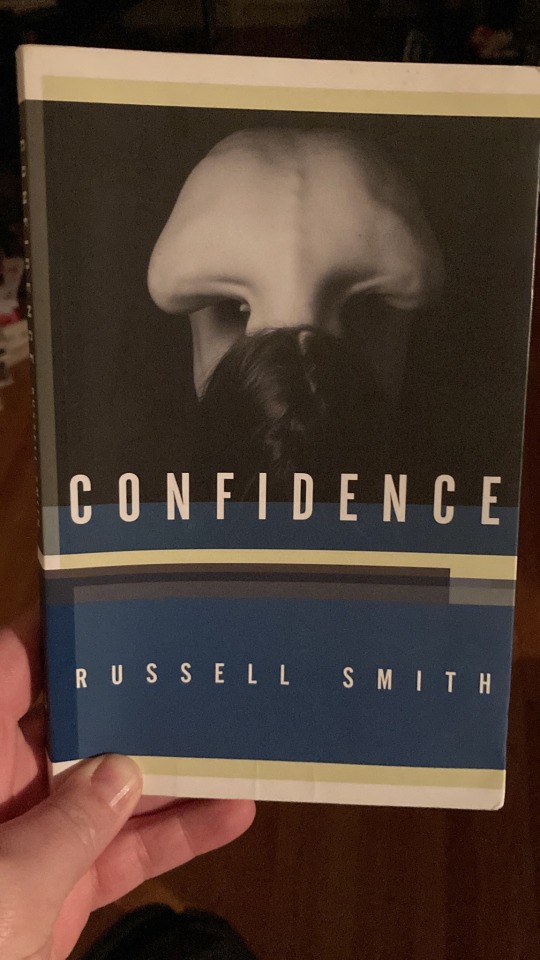

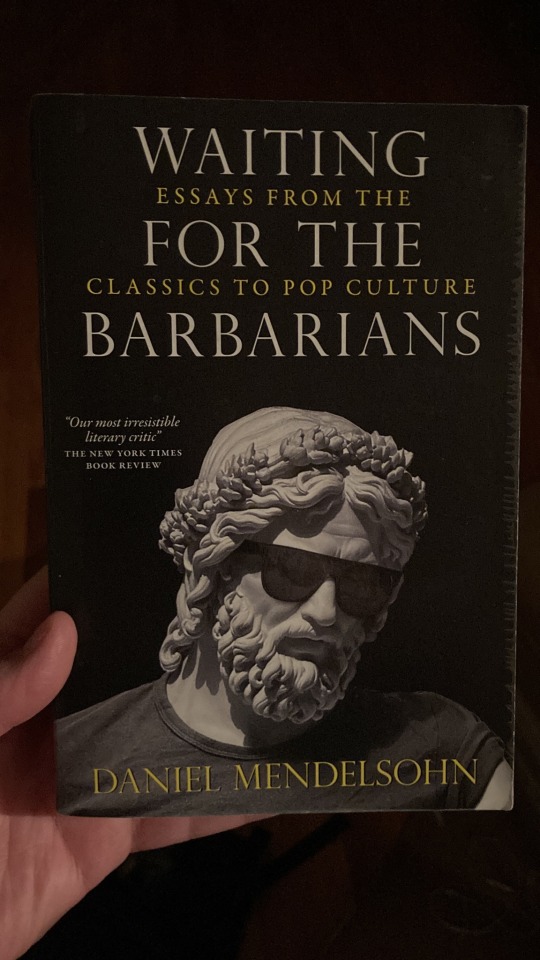
Bought some books today
2 notes
·
View notes
